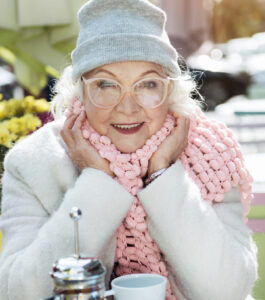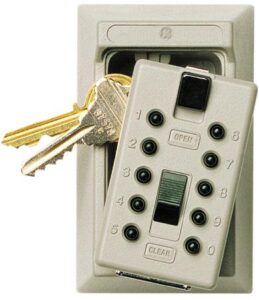
A diagnosis of dementia can be confronting, upsetting and unsettling but be assured support is at hand.
According to Dementia Australia, dementia describes a collection of symptoms that are caused by disorders affecting the brain. It is not one specific disease and is the second leading cause of death in Australia.
Dementia may affect thinking, communication, memory, behaviour and the ability to perform everyday tasks. It will impact on the person’s family, social and working life. It is not a normal part of ageing. Everyone experiences dementia differently.
Symptoms will depend on the cause of dementia and the parts of the brain affected. Common symptoms include memory loss; challenges in planning or solving problems; difficulty completing everyday tasks; confusion about time or place; trouble understanding visual images and spatial relationships.
Other symptoms can include difficulty speaking or writing; misplacing things and losing the ability to retrace steps; decreased or poor judgement; withdrawal from work or social activities; changes in mood and personality.
Dementia is generally progressive. Symptoms often begin slowly and gradually worsen.
If you suspect you, or your loved one, may have dementia your doctor is the best place to start the diagnostic process. Your doctor will consider the symptoms and order screening tests, and may offer a preliminary diagnosis or refer you to a neurologist, geriatrician or psychiatrist.
So what do you do when there is a diagnosis of dementia? According to Dementia Australia it is important, when you are ready, to tell your family or friends about the diagnosis. It allows those who are close to you to adjust to your condition, allow them time to educate themselves about dementia and learn how to best support you and/or your loved one.
Talk to your doctor to ensure you obtain the health care, advice and support you want.
It may also be time to get certain legal documents in place such as a will, an Advanced Health Directive and Enduring Power of Attorney. These ensure the loved ones and healthcare team supporting the person with dementia are aware of the individual’s choices regarding medical treatment and a substitute decision maker can be appointed when that person can no longer speak for themselves.
Support for both the person with dementia and loved ones around them is vital. Jubilee Community Care provides support to both people experiencing dementia and their carers. In the case of someone with early stage dementia living by themselves this can be in the form of medication assistance, cleaning, personal care, meal preparation, social support and other services.
In circumstances where someone with dementia lives with a loved one or carer, Jubilee also can offer in-home respite care Brisbane – taking the person with dementia out to give their carer time at home alone or staying with the client in the home while the carer goes out or attends to their own personal appointments.
During the respite services our support workers, who undergo training in providing care to people with dementia, can prepare meals, assist with personal care and socialise meaningfully with the client around their hobbies and interests.
Dementia Australia also is a source of information, education and support. The organisation aims to support and empower more than 400,000 Australians living with dementia and almost 1.5 million people involved in their care. It has a number of free resources and a wealth of information on a variety of topics.
For information visit the Dementia Australia website at www.dementia.org.au or phone Jubilee on 3871 3220 to find out how we can support you.
Three types of dementia typically affecting older Australians:
- Alzheimer’s disease: The most common form of dementia. It is a physical brain condition resulting in impaired memory, thinking and behaviour. It disrupts the brain’s neurons, affecting how they work and communicate with each other. An individual’s abilities deteriorate over time, although the progression varies from person to person.
- Vascular dementia: Caused by brain damage resulting from restricted blood flow in the brain. It affects thinking skills such as reasoning, planning, judgement and attention. Changes in skills and abilities are significant enough to interfere with daily functioning. It often occurs alongside Alzheimer’s disease or other brain disease.
- Lewy body disease: This is a term that incorporates both Parkinson’s disease and dementia with Lewy bodies (abnormal microscopic proteins inside cells in the brain). This dementia results in changes in movement, thinking and behaviour.







